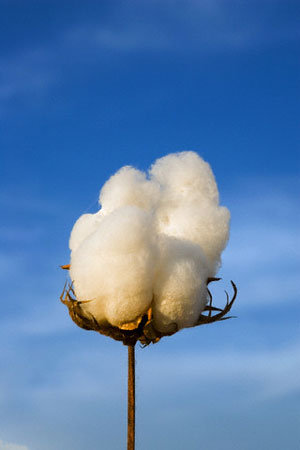By
Reuters
Reuters
Published
Dec 23, 2009
Dec 23, 2009
Kyrgyzstan starts new hydro plant, neighbours worry
By
Reuters
Reuters
Published
Dec 23, 2009
Dec 23, 2009
By Olga Dzyubenko
BISHKEK (Reuters) - Kyrgyzstan began to dam a key Central Asian river on Tuesday 22 December to build a new hydroelectric power plant, a project criticised by neighbouring nations who fear it will disrupt water supplies.
 |
Water sharing is a contentious issue in Central Asia, an arid, mainly Muslim region where water-thirsty crops like cotton are the main livelihood for most of its 60 million people.
Kyrgyzstan, a mountainous but impoverished nation at the heart of the region, says building new hydro plants on the main Naryn river is the only way to solve its energy shortages and secure stable supplies for its 5 million people.
"God has given us the Naryn river and the Kyrgyz people must utilise it to full extent," President Kurmanbek Bakiyev told a government meeting after watching a live video feed from Naryn where a controlled explosion created the giant river dam.
"We will continue to build (hydroelectric plants)."
Neighbouring Uzbekistan and Kazakhstan, located downstream, have criticised Kyrgyzstan's plans, saying it could disrupt water supplies to key agricultural areas during summer months.
The region's most populous country, Uzbekistan, is particularly worried that upstream states will gain political leverage by regulating water flows through new hydro plants.
Central Asia's power and water supply networks were designed during Soviet times when water use was shared. The system fell apart as countries declared independence, causing economic losses and political tension.
In a further sign of discord, Uzbekistan this month quit the regional electric power grid citing domestic power stability concerns in a move that raised the risk of shortages and blackouts for the rest of the region.
Bakiyev said downstream nations would not suffer.
"When they need water in the summer we will release as much as they need," he said.
The planned new plant, Kambarata-2, will boost Kyrgyzstan's hydroelectric power output by seven percent, helping close the gap between supply and demand that leads to regular blackouts and seasonal power rationing.
Economists from groups such as the World Bank say the region could win if energy-rich Kazakhstan and Uzbekistan supplied Kyrgyzstan and Tajikistan, which have no oil or gas reserves, with fuel and power in winter in exchange for water in summer.
Attempts to set up such an exchange have failed so far due to internal divisions and rivalry among Central Asian countries.
(Writing by Olzhas Auyezov; Editing by Maria Golovnina and Jon Hemming)
© Thomson Reuters 2024 All rights reserved.

























